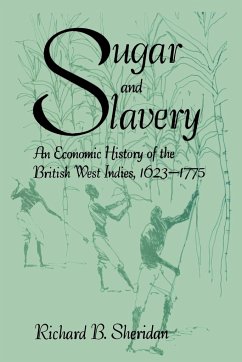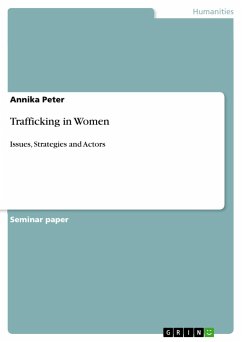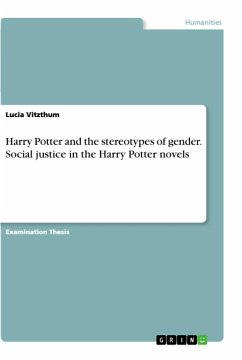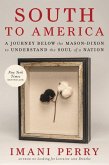This book covers the changing preference of growing sugar rather than tobacco which had been the leading crop in the trans-Atlantic colonies. The Sugar Islands were Antigua, Barbados, St. Christopher, Dominica, and Cuba through Trinidad. Jamaica has been by far the major producer of sugar, but The Lesser Antilles had the advantage of a shorter sea trip to deliver produce and rum to the European Markets during the 18th and 19th Centuries.
Bitte wählen Sie Ihr Anliegen aus.
Rechnungen
Retourenschein anfordern
Bestellstatus
Storno








